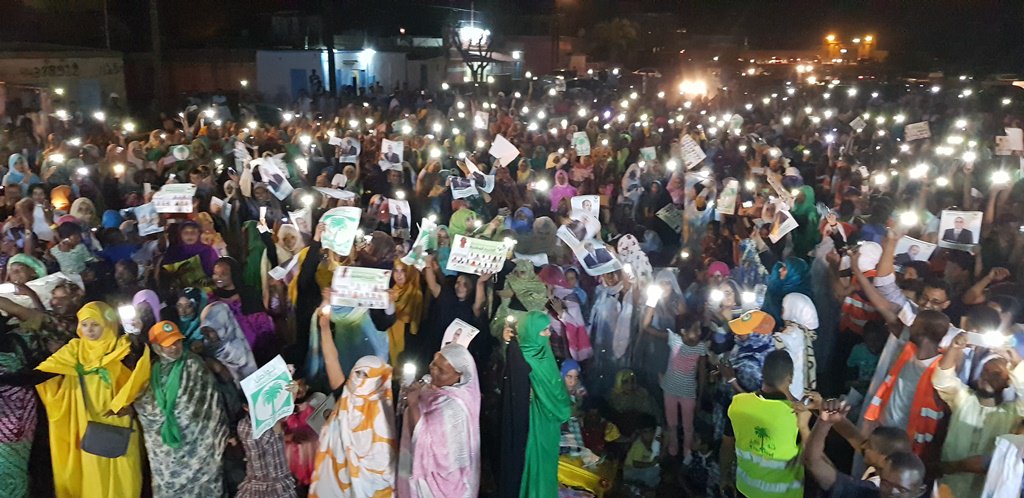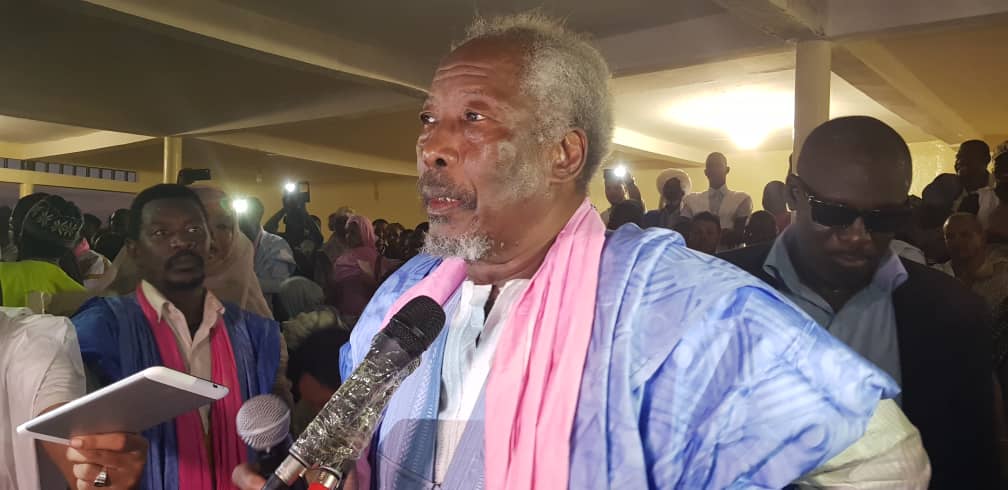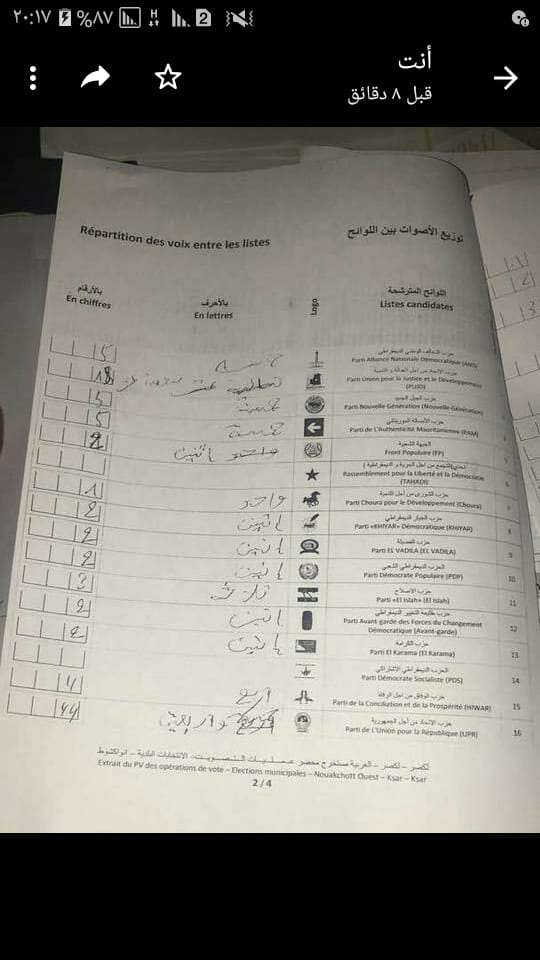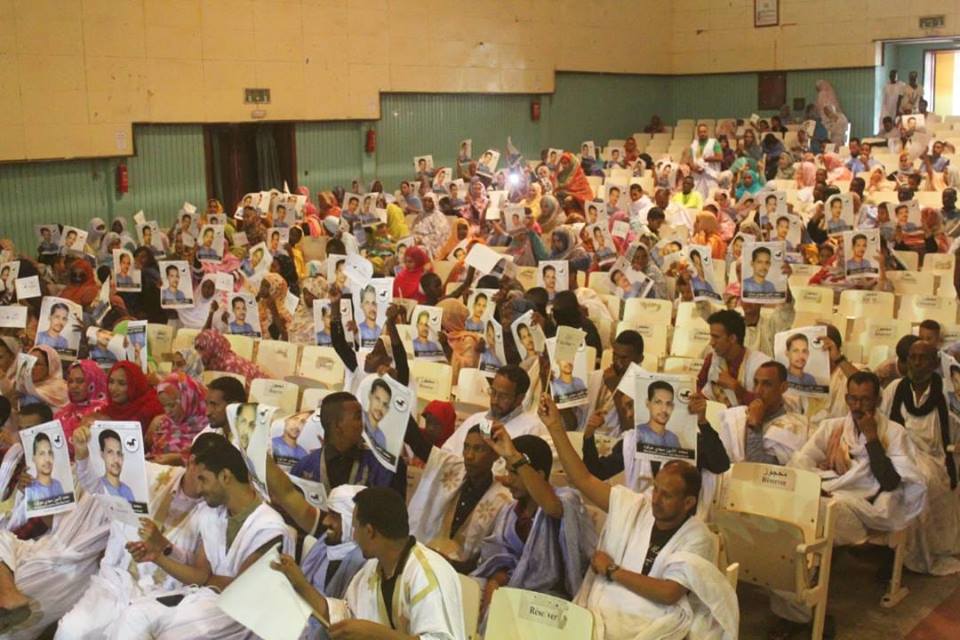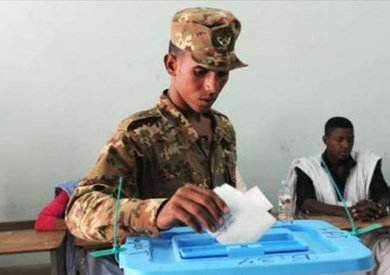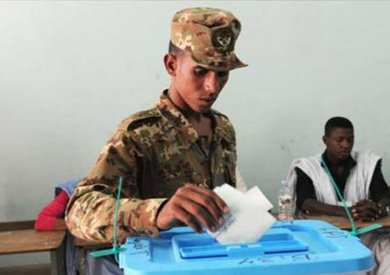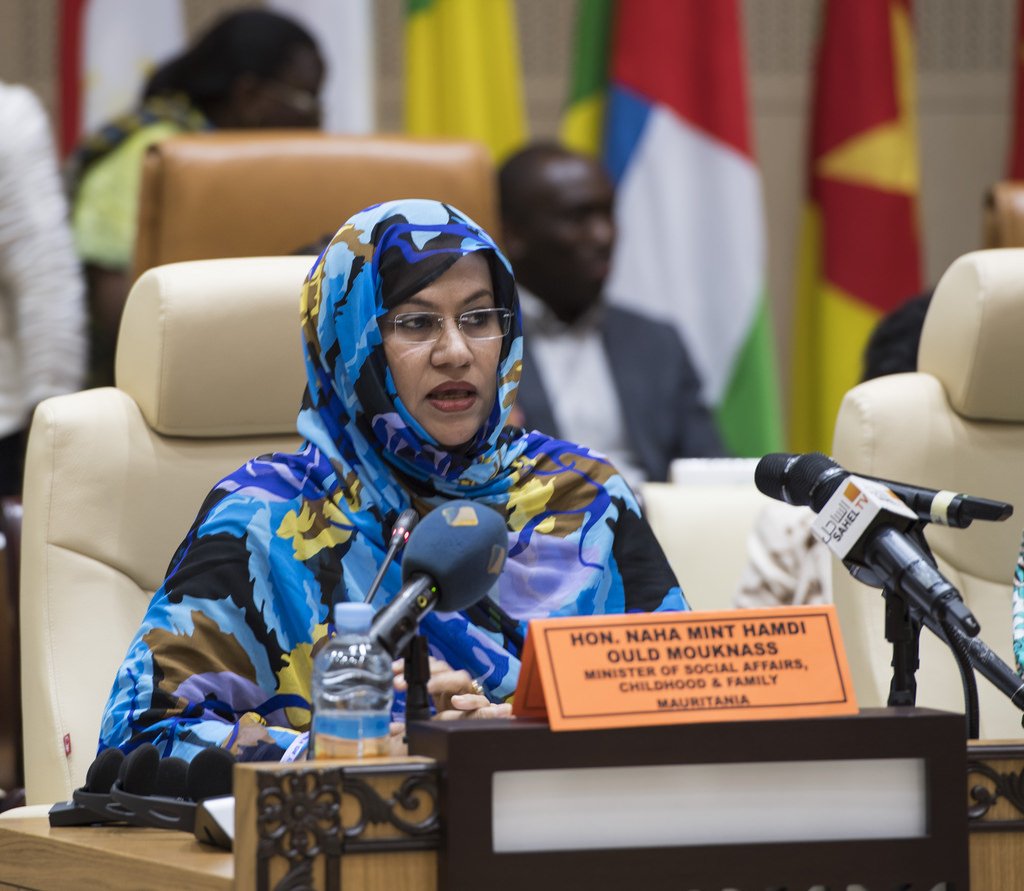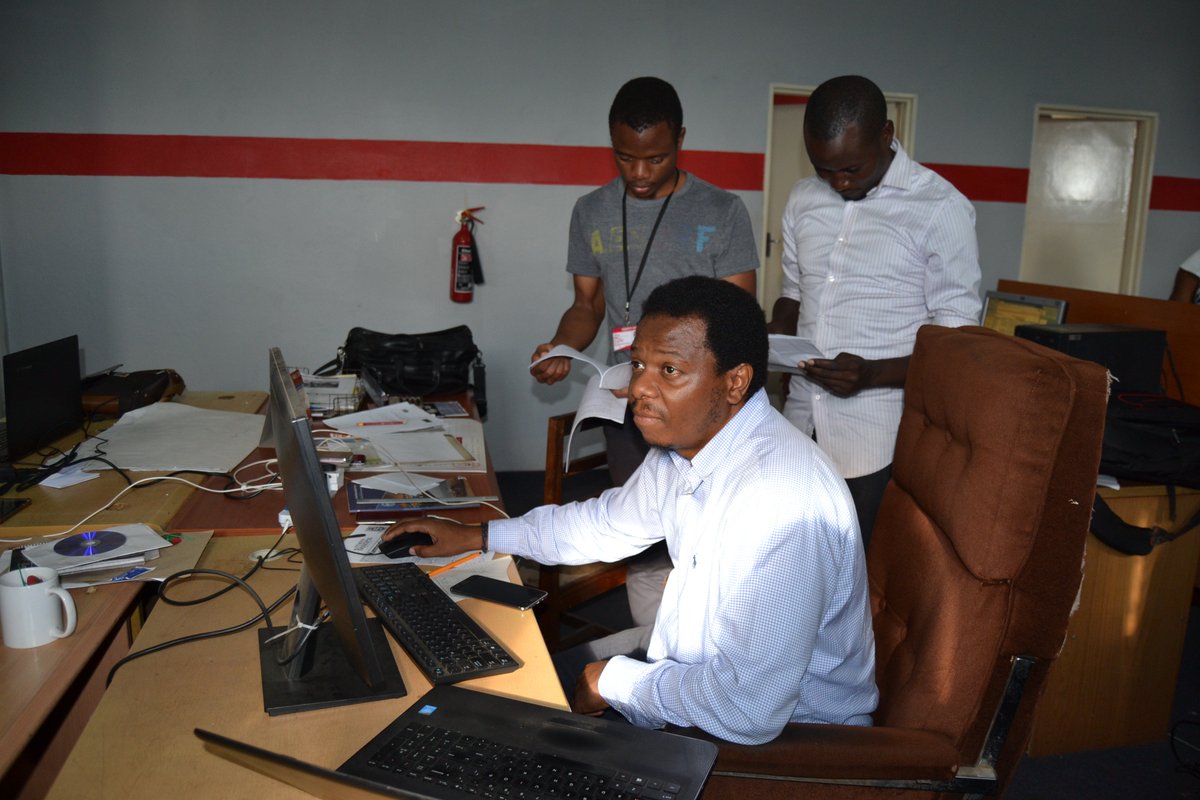- %35 of votes for Mayors
- %31 of votes for Legislative
- %30 of votes for regional councils
- %21 of votes for National Women's list
- Give me back my phone
- No I will not, beat it now. I'm no longer talking to any of you
- No to vote fraud
- If you film me I'll break your phone
- I dare you
A lone voting bureau in Mauritania's vast interior.. ballot boxes pushed through the mud & guarded by arms
Democracy is a struggle..
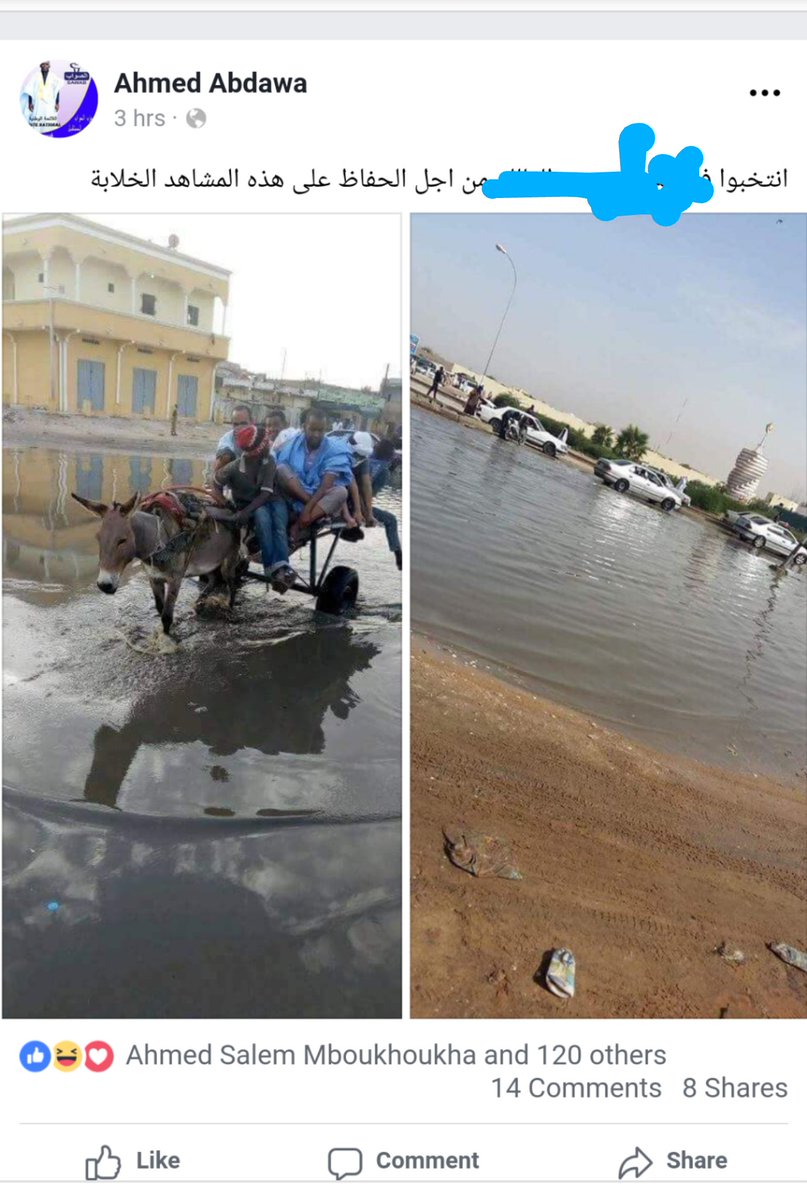
a- the regional councils in theory are supposed to be like France's regional councils managing & steering development.
b- The hiccup is that the law defining their functioning, authority, budgets has not been passed yet!
a- bar the road for the President staying beyond his term in June 19
b- a popular desire to PUNISH the ruling elites for the country's dismal socio-economical situation
d- mark its territory for post-Aziz
a- 5 years of planing & participation
b- a very well oiled grassroots machine
c- lots of money
d- a clear narrative
e- mass discontent
d- empty space
Q- so why is the opposition's mood is so buoyant although the ruling party will still have a majority in Parliament?
A- They feel, not wrongly, that for the 1st time since '05 Aziz is cornered. They believe they can further corner him in order to get him out
- the opposition to be competitive there
- gave dissident ruling party members a means to pressure the party bosses








